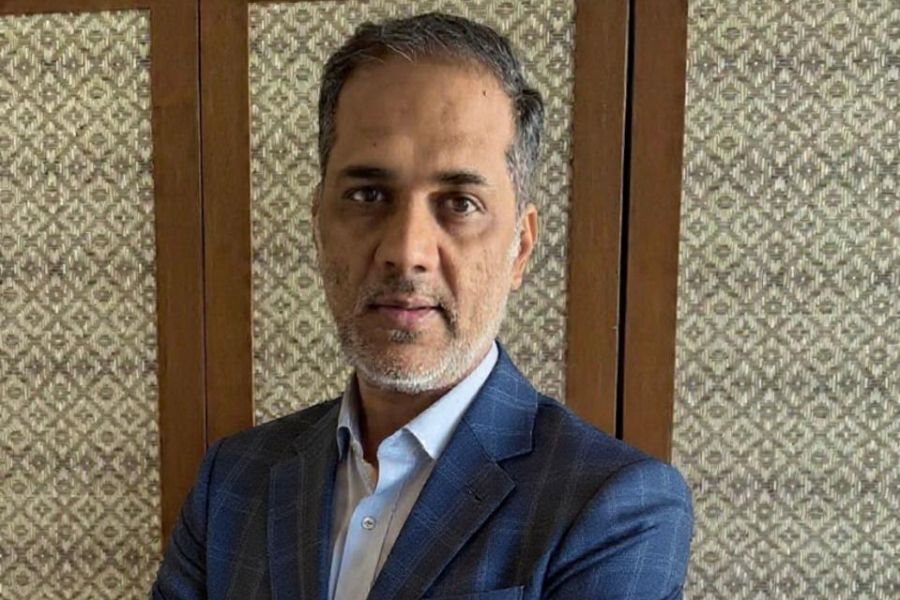It’s becoming apparent that, despite loud silences from both Network 18 and The Times of India, Jaideep Bose is indeed leaving the latter to join the former.
And the blogosphere is full of posts and comments on how the brothers Jain have got their comeuppance for having underpaid journalists for decades and for leaving the balance of power in the hands of the marketing geniuses rather than with the editors.
Two bizarre positions: underpayment and undermining.
Did the Jains indeed pay journalists a pittance? No, they did not. They paid what market forces dictated – perhaps a tad more than that. They upped the ante once journalists on the supply side were less in number than on the demand side. And they kept correcting it depending on the demand-supply equation that prevailed. This is the same sense of economics that saw pilots being underpaid once upon a time, saw creative directors being underpaid and so on. Till the advent of STAR TV in India, ad sales staff at all media companies, it could have been argued, were underpaid. Pradeep Guha, then Indian media’s largest revenue generator, got a Merc only after STAR TV’s then CEO Rathikant Basu got one.
I’ve used the word underpaid generously, and each instance of the use has been wrong. In no case has anyone been underpaid; they’ve been paid what the market decided they were worth. Today, as Jojo goes to greener pastures, he will not be overpaid, he will be paid what the market decides he is worth.
As far as the power being in the hands of the marketers rather than with the editors, let us remember that the strategy is the same one that made Jojo a great editor. That made him worth the many crores that are bandied about.
I have the honour of knowing Jojo reasonably well. I do not believe that Jojo is unhappy about the way he has been treated by the Old Lady of Bori Bunder. He has grown from a junior journalist to the editor of The Economic Times to the editor of The Times of India; in an organization that recognized talent, rewarded it and nurtured it. The very fact that BCCL retained talent such as Jojo for so many years is testament to the fact that they do some things very well in an era of competition and talent shortage and churn.
Jojo is leaving to take on another challenge; perhaps because there is none left for him at BCCL. From what I have been able to piece together from conversations with various people in the know, money is not what attracts him to Network 18 and money is not what is preventing him from staying at ToI.
It’s the challenge.




